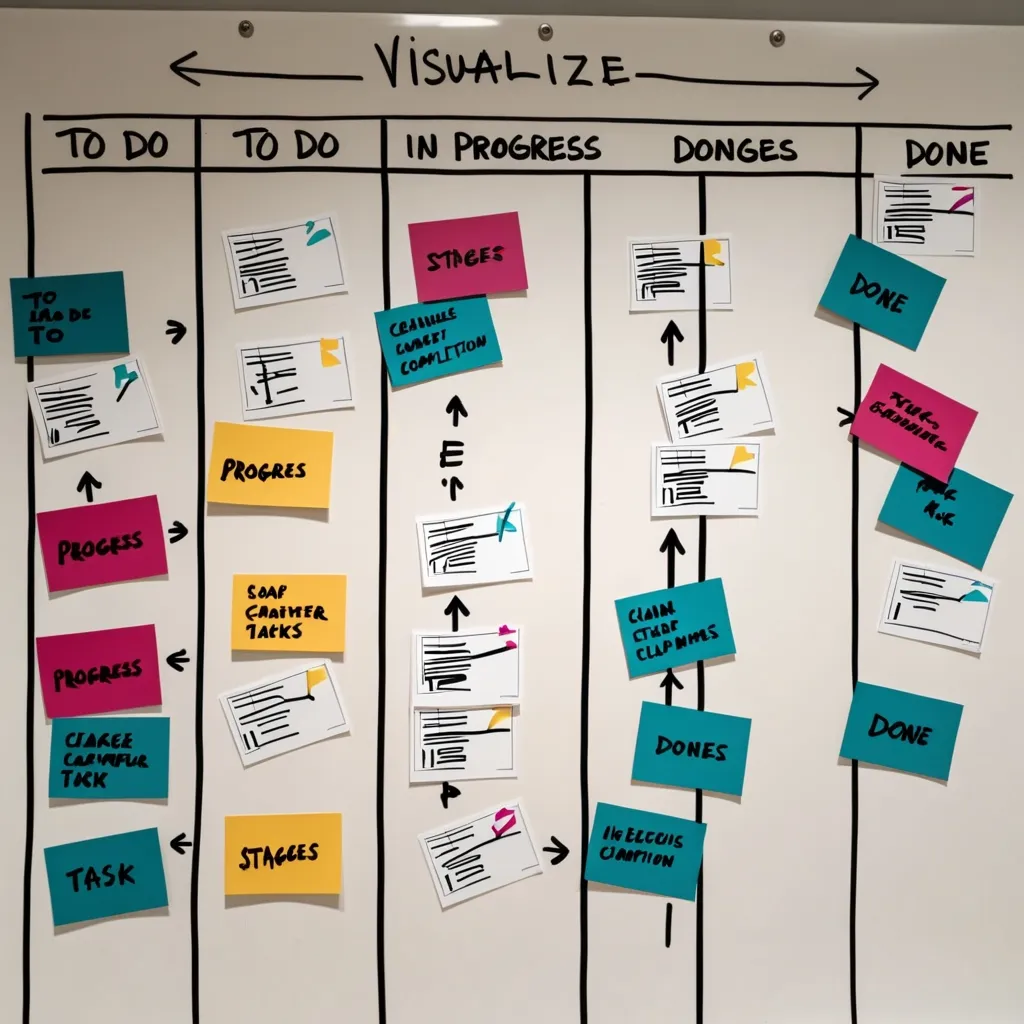Delegating tasks is a game-changer for anyone trying to save time and boost productivity. It’s not just about handing off work; it’s about wisely assigning tasks to the right folks, empowering your team, and promoting growth. Mastering delegation is like leveling up your leadership skills, and it’s totally worth the effort.
Understanding Delegation
Let’s start with the basics. Delegation means transferring responsibility for specific tasks from one person to another. When done right, it allows managers to let go of lower-priority tasks and spend more time on high-impact activities. It also keeps team members motivated, engaged, and productive. Delegation isn’t a sign of weakness. It’s a show of trust and strong leadership, recognizing what your team can do and giving them a chance to shine.
Why Delegation Matters
There are so many cool benefits to delegating. For starters, it cranks up overall productivity since tasks are aligned with team members’ skills. It also boosts job satisfaction and motivates people by making them feel trusted and valuable. Plus, it’s a big win for fostering a team culture that thrives on innovation and collaboration. Studies even suggest that CEOs who are great at delegating bring in more dough and see better team performance.
Breaking Through the Reluctance to Delegate
It’s perfectly normal for some managers to hesitate when it comes to delegation. Maybe they’re worried about losing control, not super confident in their team’s abilities, or just used to doing everything themselves. But these fears can lead to big negatives like burnout, subpar work, and missed deadlines. Getting comfortable with the idea that delegation is a strength, not a weakness, is the first step to overcoming these hurdles.
Choosing What to Delegate
Not everything can be handed off. You’ve got to be strategic about it. Here’s a breakdown of tasks worth delegating:
- Tiny Tasks: These are small, seemingly trivial tasks that add up. Think registering for events or basic scheduling.
- Tedious Tasks: Routine and straightforward, like data entry or updating KPIs—stuff that doesn’t need your brainpower but has to get done.
- Time-Consuming Tasks: Important but extensive tasks where you can jump in at the end to oversee and guide.
- Teachable Tasks: Tasks that can be broken down into steps and handed off, with quality checks in place. A good example is coaching someone on creating a presentation.
- Tasks You Aren’t Great At: If something isn’t your forte or is outside your expertise, hand it to someone who excels in that area.
- Time-Sensitive Tasks: Urgent tasks that clash with other priorities. Delegating ensures they get done alongside other deadlines.
Mastering Delegation
When you’re ready to delegate, clear communication is key. Here’s the skinny on how to do it right:
Define the Level of Delegation: Set clear expectations. There are different levels—like “execute this task,” “research and report back,” or “research and recommend.” Each one indicates how much freedom and responsibility the person has.
Explain the Task: Clearly describe what needs to be done. You can do this in a meeting or even with a quick screen recording.
Set the Goal: Explain why this task matters and what the expected outcome is. This helps your team understand its importance and purpose.
Establish the Deadline: Make it crystal clear when the task needs to be finished. This avoids any confusion about timelines.
Picking the Right Person
Getting the right individual for the task is super important. Think about their experience, knowledge, skills, and current workload. Match the level of responsibility with the right amount of authority, but keep ultimate accountability for yourself. Make sure they have—or can get—the necessary training and resources to do the job well.
Giving Clear Instructions and Resources
When it comes to giving instructions, clarity is your best friend. Define the desired outcomes, including specific objectives about time and quality. Explain why the task is being delegated and what’s expected. Outline timelines and available resources so there are no surprises. Empower your team by giving them the freedom to complete tasks in their own unique ways—this sparks creativity and innovation.
Monitoring and Feedback: The Follow-Up Game
Maintaining open lines of communication is key. Have regular check-ins to monitor progress without putting on the micromanaging hat. Review progress at different stages to keep the project on track and offer constructive feedback. Give credit where it’s due and recognize the achievements of your team members. This not only boosts their morale but also keeps them engaged and ready to tackle future projects.
Being Patient and Appreciative
Keep in mind that your employees might take longer to complete tasks that you could do in no time. Be patient, their efficiency will improve with experience. After tasks are done, offer feedback and plenty of recognition. Praising their hard work encourages them and makes them more engaged and willing to step up for future projects.
Steering Clear of Common Pitfalls
Delegation isn’t about dumping tasks on your team and vanishing. It’s about giving them valuable responsibilities and being there for support. Avoid the pitfalls by taking your time with handoffs, providing clear instructions, and keeping an open line for communication. Take a moment each week to identify tasks that can be delegated before they become urgent crises.
Wrapping It Up
Learning to delegate effectively frees up your time and empowers your team. It’s a skill that requires practice, but once you get the hang of it, you’ll see improvements in productivity, morale, and overall team performance. Trust your team, communicate clearly, and watch the magic unfold.






